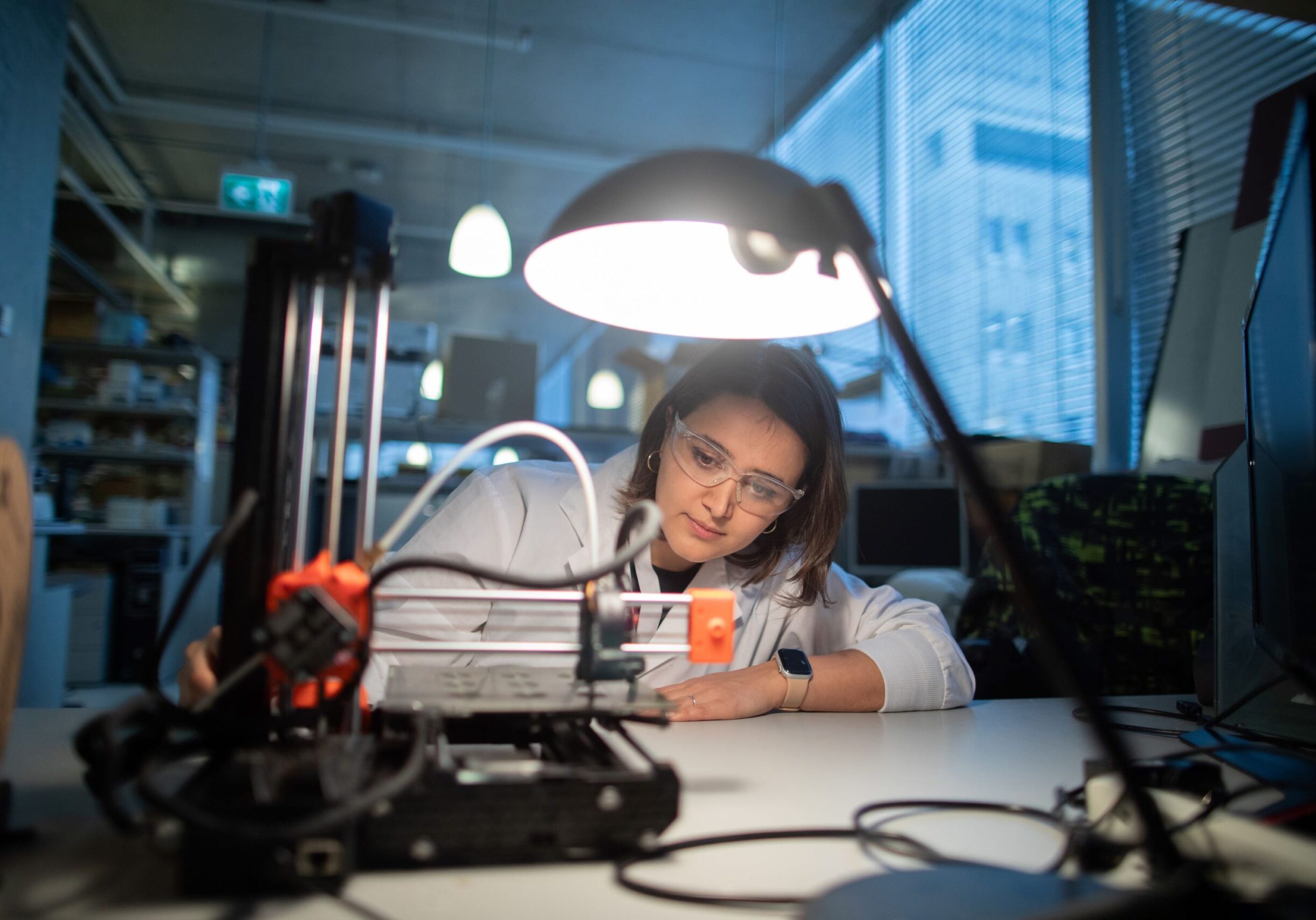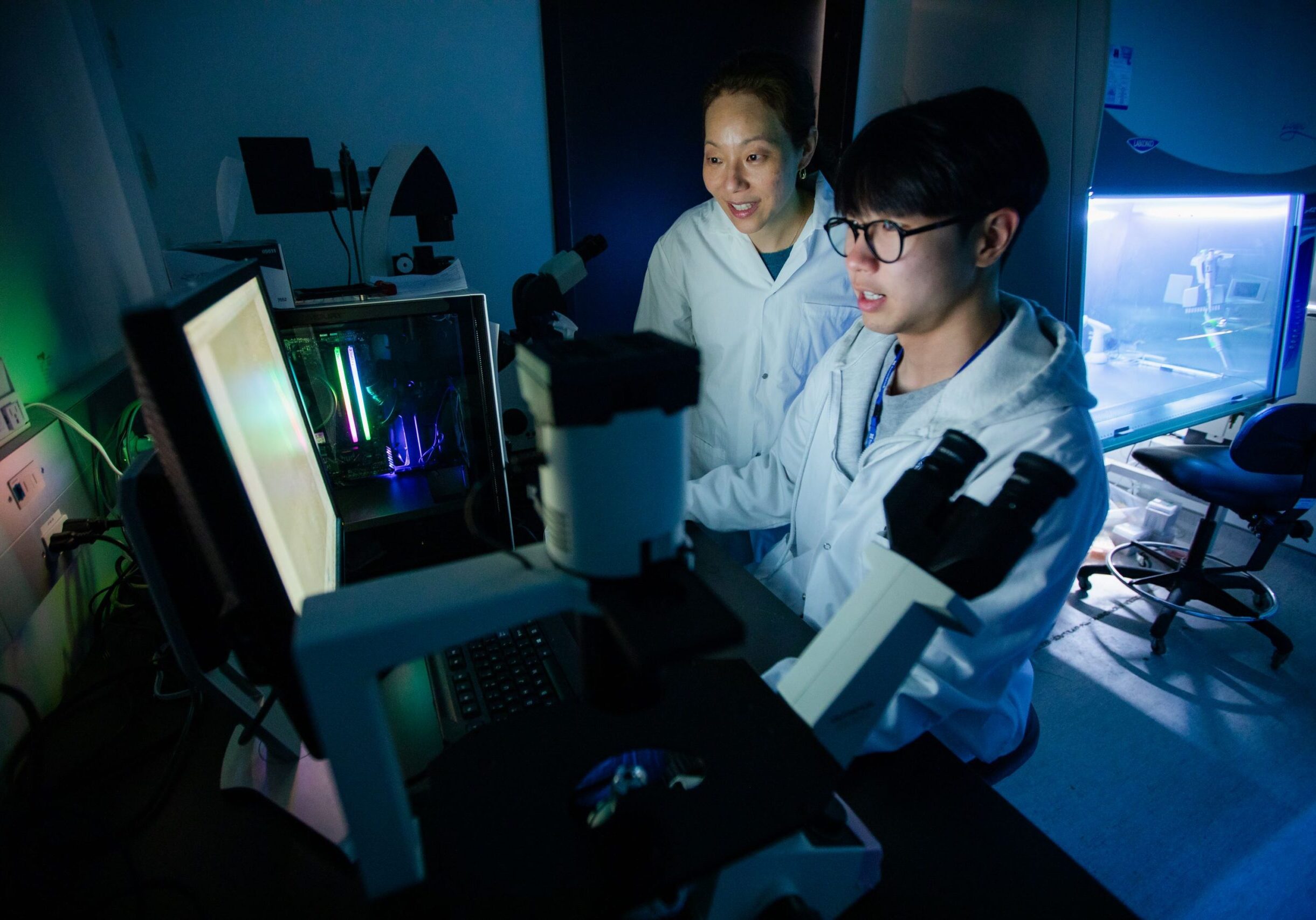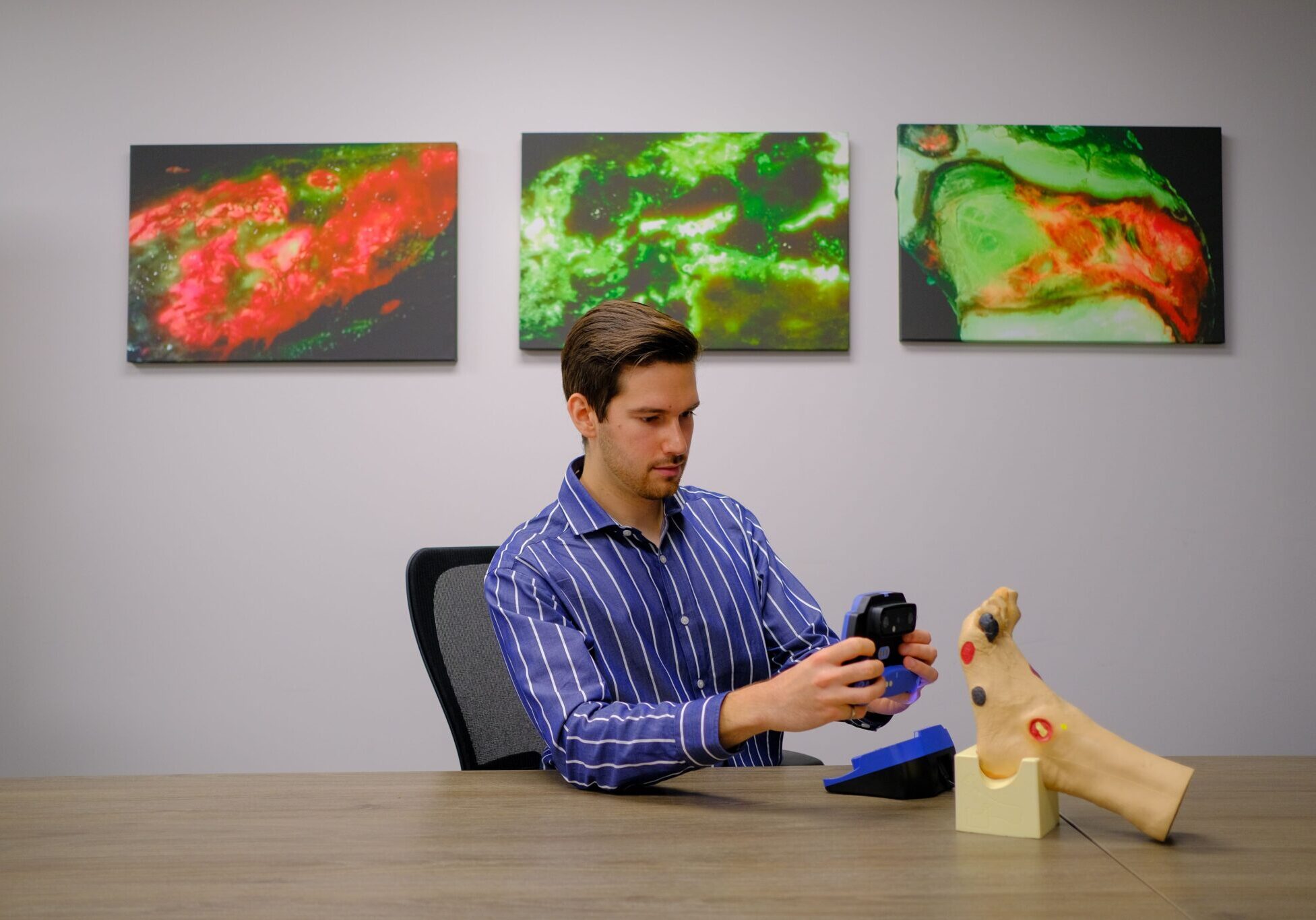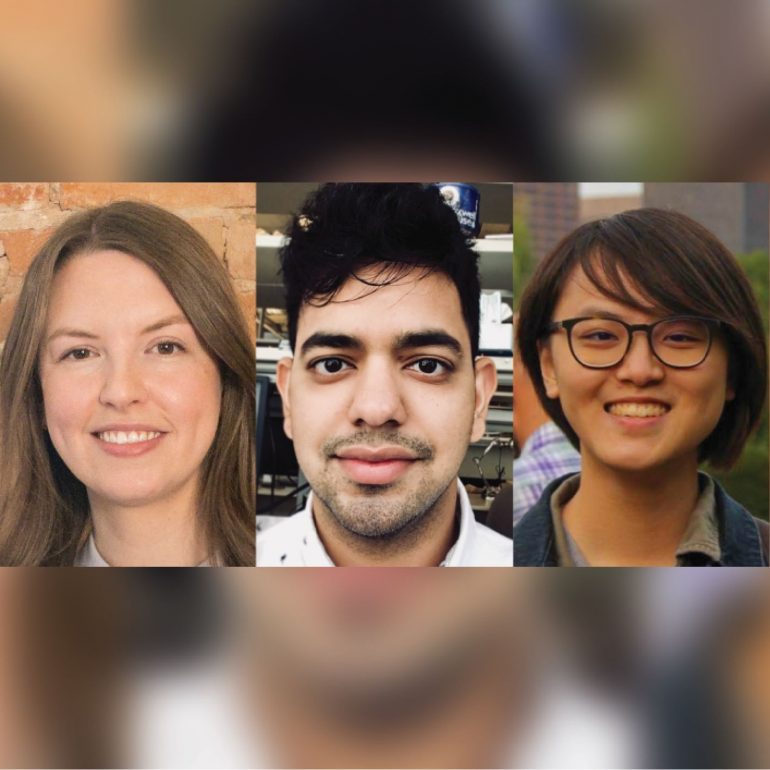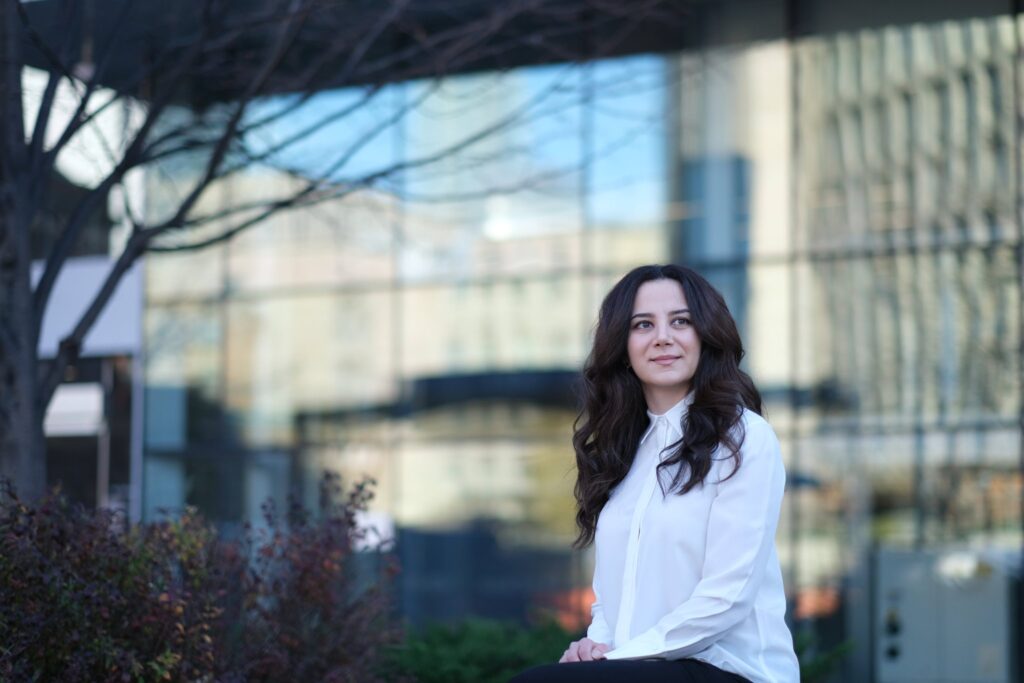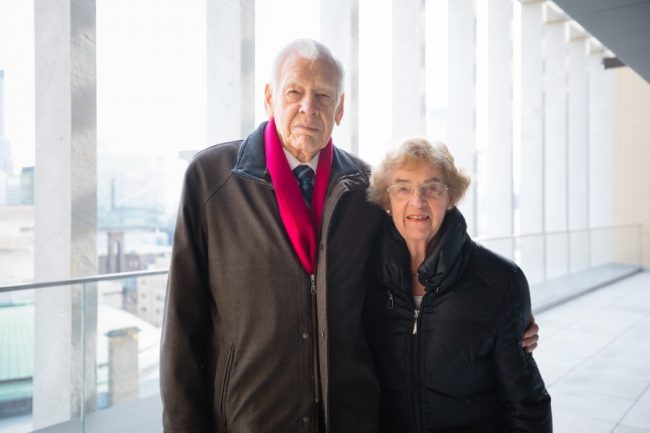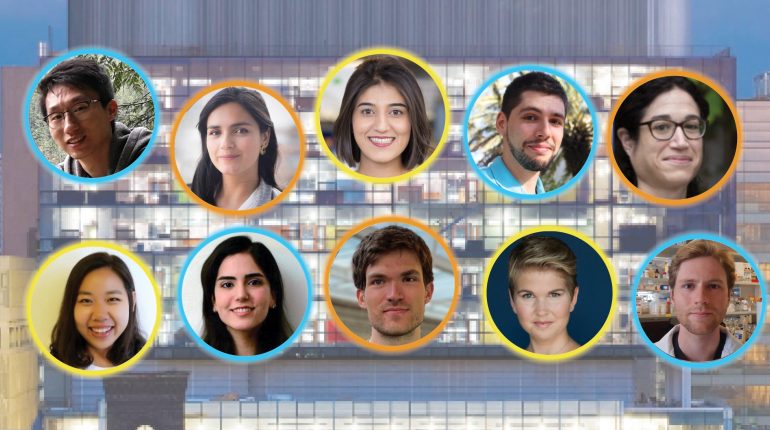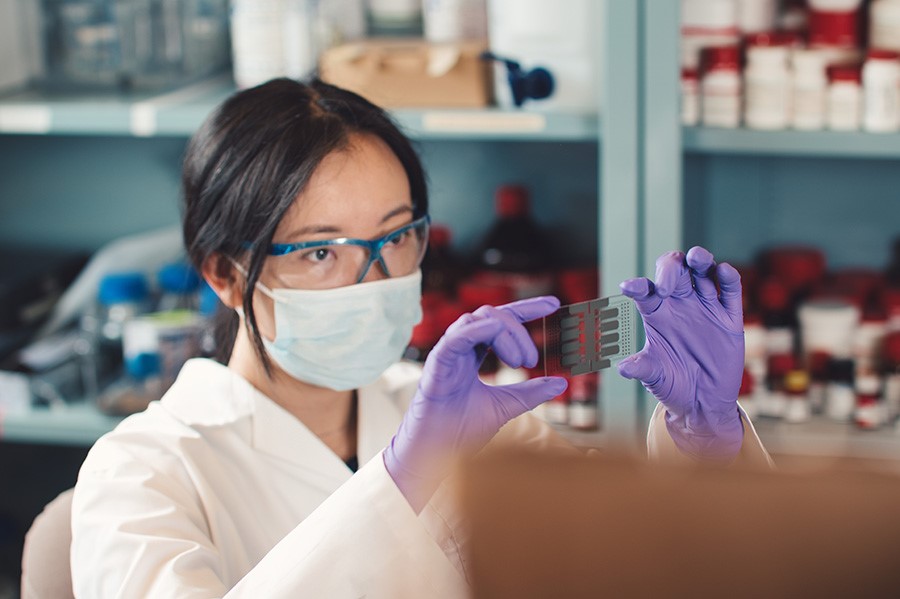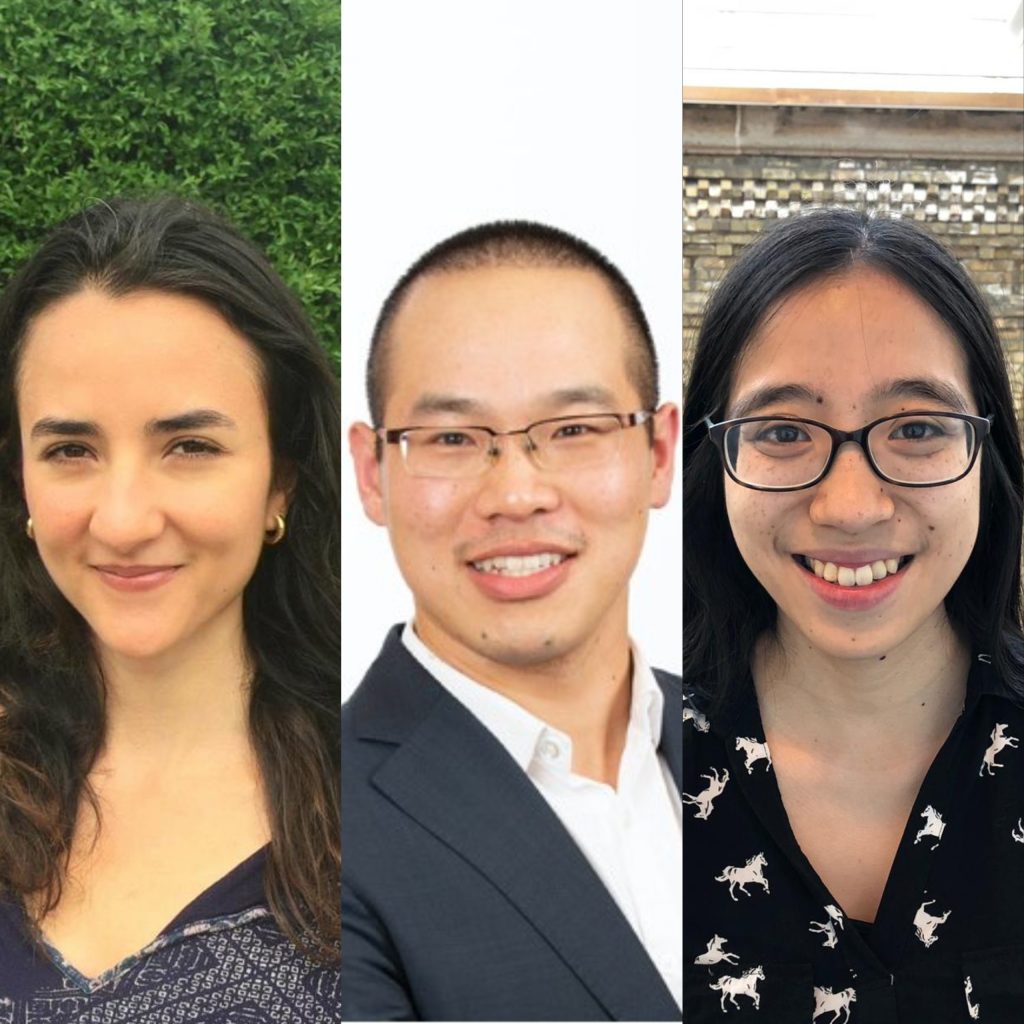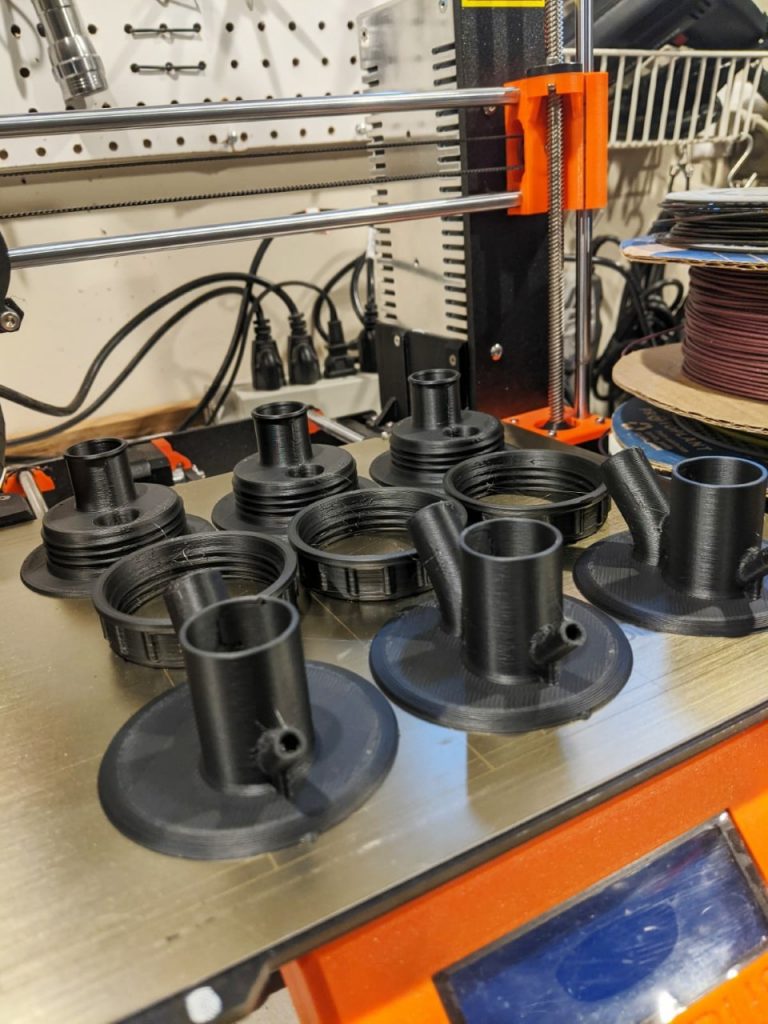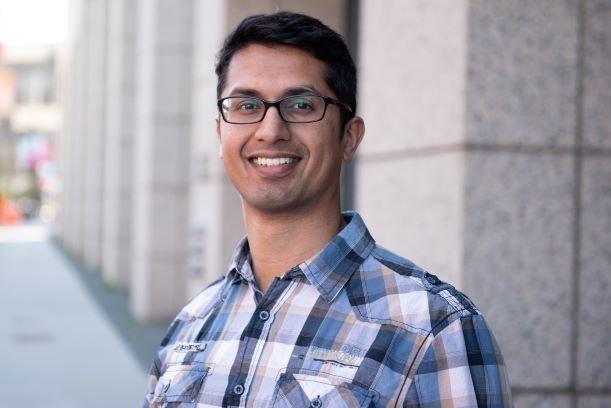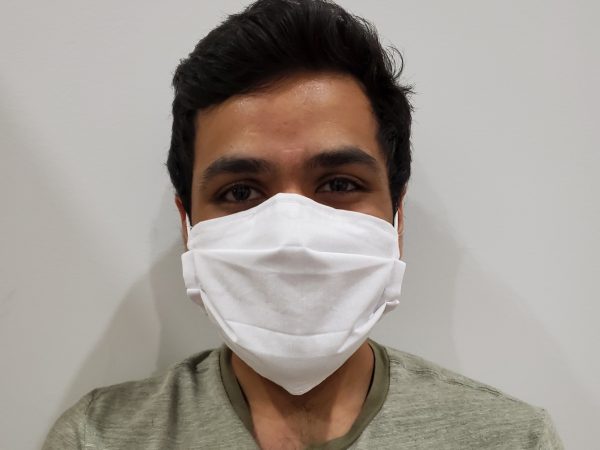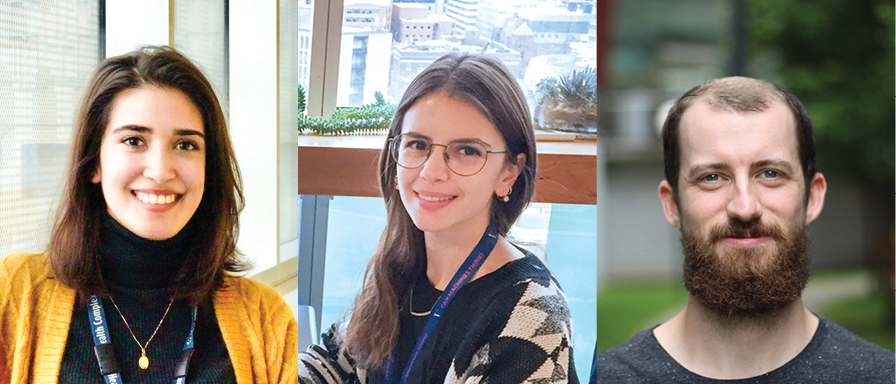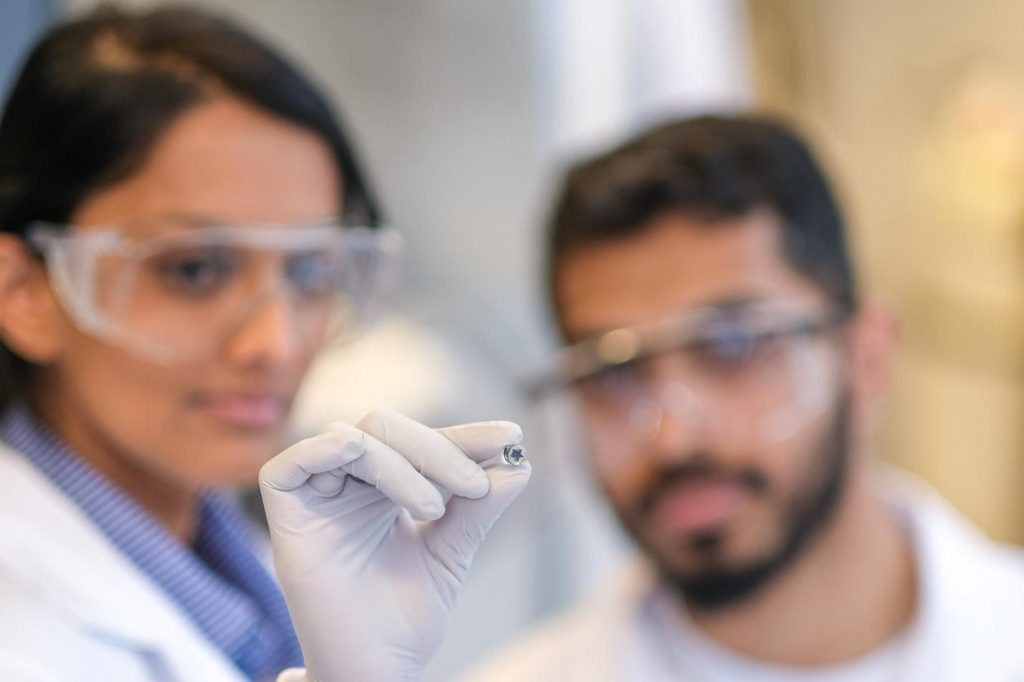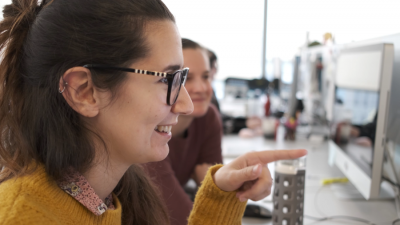Programs Overview
Are you a prospective student? Here at the Institute of Biomedical Engineering (BME), we connect researchers across the University of Toronto and its partner hospitals to develop innovative solutions to improve human health.
At the Institute of Biomedical Engineering (BME), we have 3 graduate programs and 2 undergraduate programs.
Quick Navigation
Graduate programs
Doctor of Philosophy
Research degree that exposes candidates to cutting-edge research in a laboratory
Master of Applied Science
Research degree that exposes candidates to cutting-edge research in a laboratory
Master of Engineering
Professional degree that exposes candidates to biomedical device design to commercialization
Graduate programs comparison
| Stream: | Research | Professional |
|---|---|---|
| Program: | PhD / MASc | MEng |
| Focus: | Research intensive training in a laboratory or clinical setting. | Training in biomedical device design, implementation, and commercialization. |
| Career Interests: | Individuals pursuing careers in academia, healthcare, government, or industry, who have a passion for research and development. • Motivated to conduct cutting-edge research • Passionate about academic collaboration and science communication • Keen on becoming key opinion leaders with distinct research specialization | Individuals interested in medical device production from design to implementation in human patients. • Seeking product design knowledge • Interested in learning entrepreneurship fundamentals • Eagar to gain real-world experience in the healthcare sector |
| Degree(s) Required: | Bachelor of Science, Bachelor of Engineering, Master of Applied Science (for PhD only), or Master of Engineering (PhD only). | Bachelor of Engineering or Bachelor of Science. |
| Outcome: | Program graduates excel as leaders in academia, industry, and government agencies across the globe. | Through work-integrated learning, graduates emerge as company founders, technology leaders, and start-up creators in the healthcare sector. |
| Program Length: | approx. 2 years (for MASc) or approx. 4 years (for PhD) | 1 year |
| Funding: | Unit-funded | Self-funded |
| Curricula: | • Coursework • Committee Meetings • Qualifying/Bypass Exam (for PhD) • Thesis • Defense • Final Oral Exam (for PhD) | • Coursework • Practical Experience |
Undergraduate programs and opportunities
| Year | Description | Opportunities |
|---|---|---|
| 1 | Engineering Science (EngSci) program students learn fundamentals of different science disciplines and begin team-based design training through praxis courses. | |
| 2 | EngSci students continue to receive foundational training through courses including BME205. Students select their major at the end of the second year. | USRA PEY Co-op |
| 3 | Biomedical Engineering major program students deepen their knowledge through rigorous academic and experiential training. | USRA PEY Co-op |
| 4 | Major students may focus on skill advancement and further knowledge and competencies through the completion of specialization courses, thesis, and design/capstone projects. |
| Year | Description | Opportunities |
|---|---|---|
| 1 | Engineering students establish knowledge in math and applied & basic sciences. | |
| 2 | Students expand knowledge and gain a greater depth of understanding through enhanced lab experiences and design opportunities. | USRA PEY Co-op |
| 3 | Bioengineering minor students may elect to pursue specialization courses grouped into three themes: Molecular Engineering, Cell & Tissue Engineering, and Clinical Engineering. | USRA PEY Co-op |
| 4 | Minor students may focus on skill advancement in one of the three themes (mentioned above) toward becoming a specialist in their respective field. |
Read more student news & stories
Quick Navigation
2021 Dorrington Awards Recognize Graduate Research in Drug Discovery, Precision Medicine and Cancer Nanomedicine
Jessica Knox, Shubham Gupta and Jamie Wu are the recipients of the 2021 Jennifer Dorrington Graduate Research Award which recognizes students enrolled in graduate programs at the Temerty Faculty of Medicine who are doing doctoral research in Donnelly Centre labs.
Collective Impact: Barbara and Frank Milligan continue to nurture the next generation of biomedical engineering leaders
Two students from Institute of Biomedical Engineering (BME) were awarded the Barbara and Frank Milligan award this year.
2020 Yip Awards Recognize Early Graduate Research in Cross-Disciplinary Biomedicine
2020 Yip Awards Recognize Early Graduate Research in Cross-Disciplinary Biomedicine
Credit-card sized tool provides new insights into how cancer cells invade host tissues
A group of researchers from the University of Toronto have developed a new tool to study breast cancer metastasis. By using a device that’s the size of a credit card, researchers can produce various biological environments to mimic the progression of cancer cell invasion.
Five U of T Engineering grad students awarded Vanier Scholarships in recognition of research impact and leadership
Five U of T Engineering graduate students have been recognized with Vanier Canada Graduate Scholarships, worth $150,000 each. The funding will support doctoral research addressing a diverse range of challenges, from treating retinal degenerative diseases to fighting climate change.
IBBME student partners with Toronto makers to aid in COVID19 equipment production and hospital R&D projects
IBBME student partners with Toronto makers to aid in COVID19 equipment production and hospital R&D projects May 15, 2020 | Kate Kazlovich After COVID-19 was officially declared a pandemic and […]
Abdullah Syed Wins 2020 Donnelly Thesis Prize
Syed is the latest winner of the Donnelly Centre Research Thesis Prize, awarded annually for the best doctoral research completed at the Centre. An engineer by training, he studied how tiny nano-scale particles travel through the body to deliver drugs directly to tumours under the supervision of Warren Chan, a principal investigator at the Centre and the director of U of T’s Institute for Biomaterials and Biomedical Engineering.
As COVID-19 protective supplies dwindle, U of T Engineering grad students are stitching face masks for Toronto
U of T Engineering graduate students Kramay Patel (IBBME MD/PhD candidate) and Chaim Katz (IBBME PhD candidate) are temporarily trading in their electrodes and amplifiers for sewing machines and cotton threads.
2020 Dorrington Awards Recognize Graduate Research in Rare Diseases, Computer Vision and 3D Cancer Modelling
2020 Dorrington Awards Recognize Graduate Research in Rare Diseases, Computer Vision and 3D Cancer Modelling
IBBME researchers develop pill-sized heating device for diagnostic testing
IBBME researchers develop pill-sized heating device for diagnostic testing
Rodrigo-Fernandez Gonzalez Lab
Dr. Rodrigo Fernandez-Gonzalez is interested in understanding how cells coordinate with one another during wound repair and embryogenesis.
